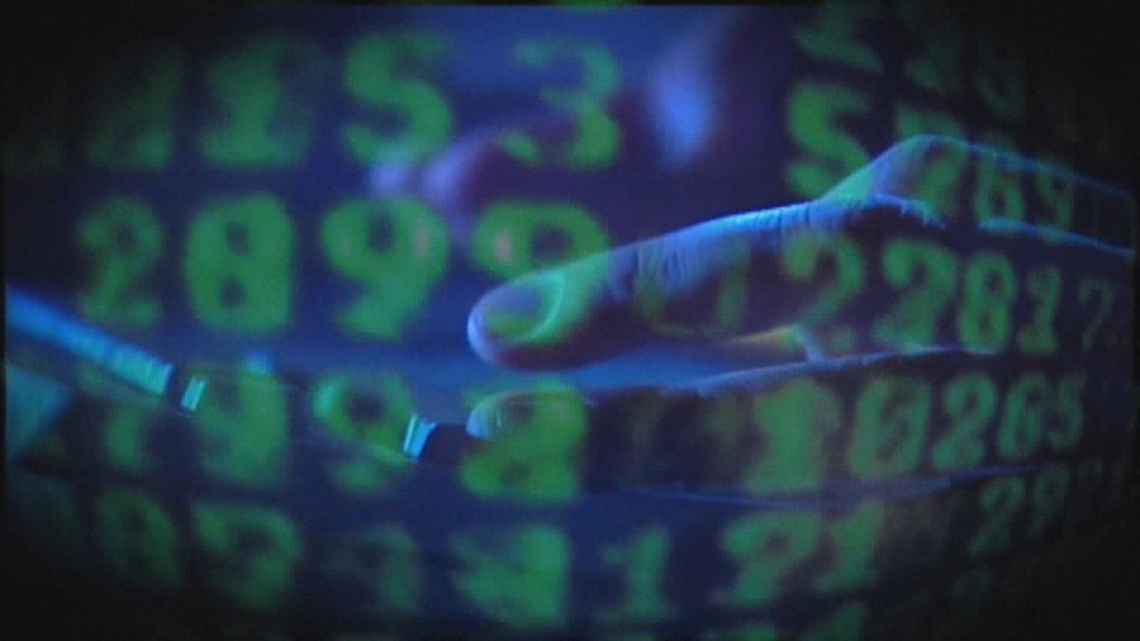The school will add an “Artificial Intelligence Implications for Cybersecurity” course to its Master of Science in Cybersecurity program.
WATERVILLE, Maine — If you think artificial intelligence has evolved rapidly recently, you’re not wrong, but Dr. Frank Appunn said the technology is still in its infant stages.
“[We’ve] got to remember that this is going to change at a tremendous rate and we’re going to find new opportunities coming through,” the cybersecurity professor at Thomas College explained.
Appunn has worked in the cybersecurity industry for more than 20 years in the United States and in his home country of South Africa. He also helped launch cybersecurity-related programs at schools across the country.
He’s been a professor for Thomas’s Master of Science in Cybersecurity program since it launched in 2019. The program will add an “Artificial Intelligence Implications for Cybersecurity” course. The school also has a Master of Business Administration with a concentration in cybersecurity.
“The cyber issue is going to continue getting bigger, we’ll get help in some places and new pains will occur,” he said. “So, it’s a never ending cycle of adjustment, improvement, innovation, and defense.”
Despite the growth of technology and AI-use, and a broader understanding of them, Appunn said there is still a severe need for skilled workers to work in the industry. That’s one reason why Thomas College added the new course to the online program.
“So gaining a skilled workforce for the benefit of education for the benefit of government, business and military and the rest of it is important, and [we can’t] think it’s arrived,” the professor explained. “It is still in its initial starting phases with many different types of AI to come down the road.”


While AI can help streamline work tasks or assist business owners, Appunn said it also arms attackers with new tools to carry out cyber attacks and internet hacks.
In February, an apparent cyberattack compromised several of Northern Light Health’s computer servers. A spokesperson told NEWS CENTER Maine patient records were not on the impacted servers.
U.S. Senator Angus King, I-Maine, has pushed for legislation to expand cybersecurity safeguards within hospital systems and has also been a part of efforts to expand the cybersecurity workforce by training more veterans interested in related careers.
Just last month, the U.S. Environmental Protection Agency warned community water systems around the country about an increasing number of cyberattacks.
“The cyber students we’re creating [at Thomas College] have the mission of reducing and removing the bad and enabling the good,” Appunn said. “This is an on-ramp and we can develop a lot further.”
Moving forward, Appunn said he hopes to expand cybersecurity education into other programs around campus so more students have knowledge about evolving technology and know how to protect against attacks on individuals and organizations.